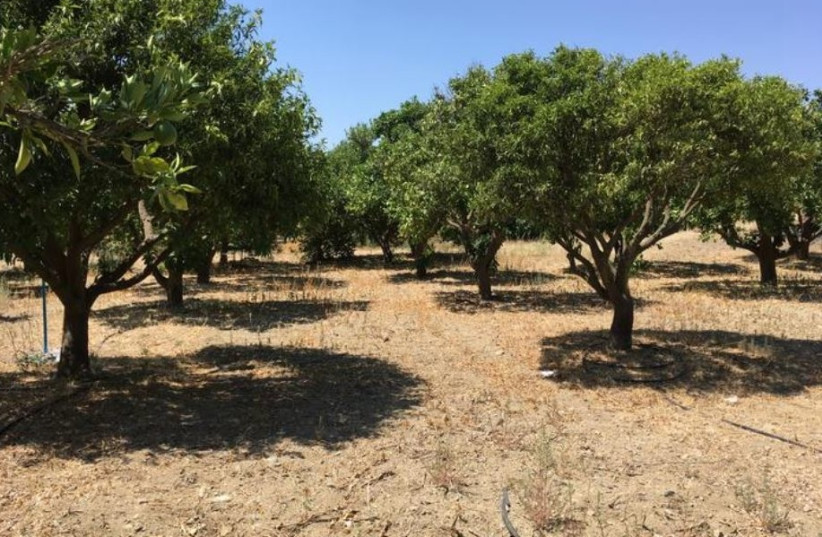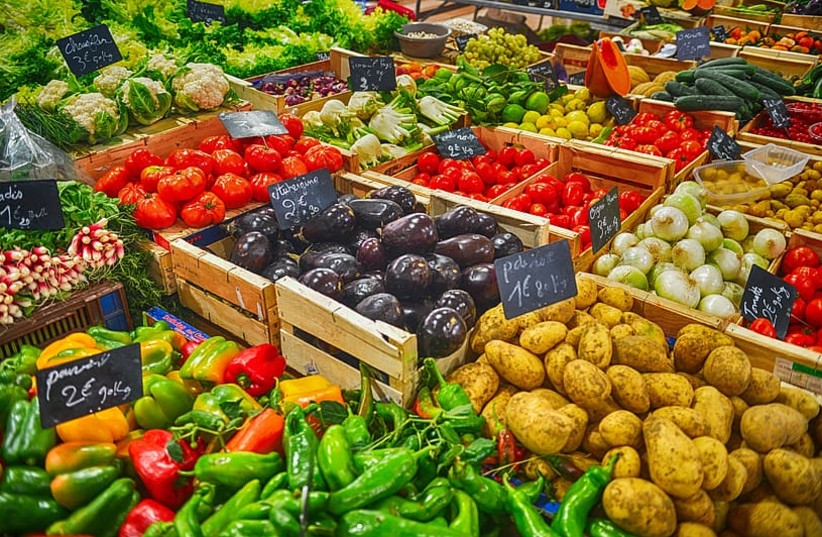Is organic food good for health? Maybe, but it upsets flying mammals
The effectiveness of organic farming on biodiversity has been widely documented especially for plants, but there is less research about the effects on wildlife such as bats.
Organic food without pesticides, hormones, fertilizers, herbicides, antibiotics, artificial chemicals, and genetically modified organisms is regarded by many as being better for human health and better for biodiversity than conventional farming.
Yet the activity of bats declines as farms make the transition to organic agriculture, according to new research on insect-eating bats at citrus orchards in Cyprus, according to a new study led by the Universities of Bristol, Göttingen, and Exeter.
The paper, published in the Journal of Applied Ecology, was entitled: “Transition to organic farming negatively affects bat activity.”
The effectiveness of organic farming on biodiversity has been widely documented especially for plants, arthropods, and birds; however, the effects of the transition period required to become an organic farm on wildlife have remained poorly understood.
Agriculture is a major use for land around the world and especially in the enlarged European Union, which encompasses 45% of land cover and involves a lot of intensive agriculture. A direct result of the intensification and expansion of modern agricultural practices in the last century is the biological simplification of the farmed environment, becoming increasingly visible through declines in farmland biodiversity and reduced compositional and configurational landscape heterogeneity.
 A conventional citrus orchard in Cyprus. (credit: Penelope Fialas)
A conventional citrus orchard in Cyprus. (credit: Penelope Fialas)

Organic farming could harm bats
The study examined 22 matched pairs of citrus orchards, comparing bat activity at certified organic farms with conventional farms, and organic-transition farms with conventional farms. The bat species included in the study were Kuhl's pipistrelle, Savi's pipistrelle, the common bent-wing), and the common pipistrelle.
Activity of three of the four species included in the study was significantly lower at farms in the transition period, compared to conventional farms. However, activity increased on established organic farms – suggesting a “time lag” before the organic biodiversity boost for the most abundant bat species.
“We were surprised by our results; we expected the transition to organic farming to bring positive effects from the start,” said Penelope Fialas, from the University of Exeter.
“We can’t be certain why bats are negatively affected, but previous research suggests soil can suffer – with knock-on effects for other wildlife – when fertilizers, pesticides, and other aspects of conventional farming stop. “The soil and the wider ecosystem may take time to recover.”
Fialas added that “our findings suggest the transition to organic farming should be managed carefully, to limit any negative effects on biodiversity. For example, neighboring farms could avoid simultaneous transitions, allowing wildlife to find alternative habitats nearby while each farm switches its methods.”
The University of Bristol’s Gareth Jones said that “We’ve long known that organic farms often harbor higher biodiversity than otherwise-similar conventional farms. The transition to organic farming has been little studied, however, and determining if the detrimental effects during transition observed here hold for other animals and plants would be an interesting future research project.”


No comments:
Post a Comment
Stick to the subject, NO religion, or Party politics